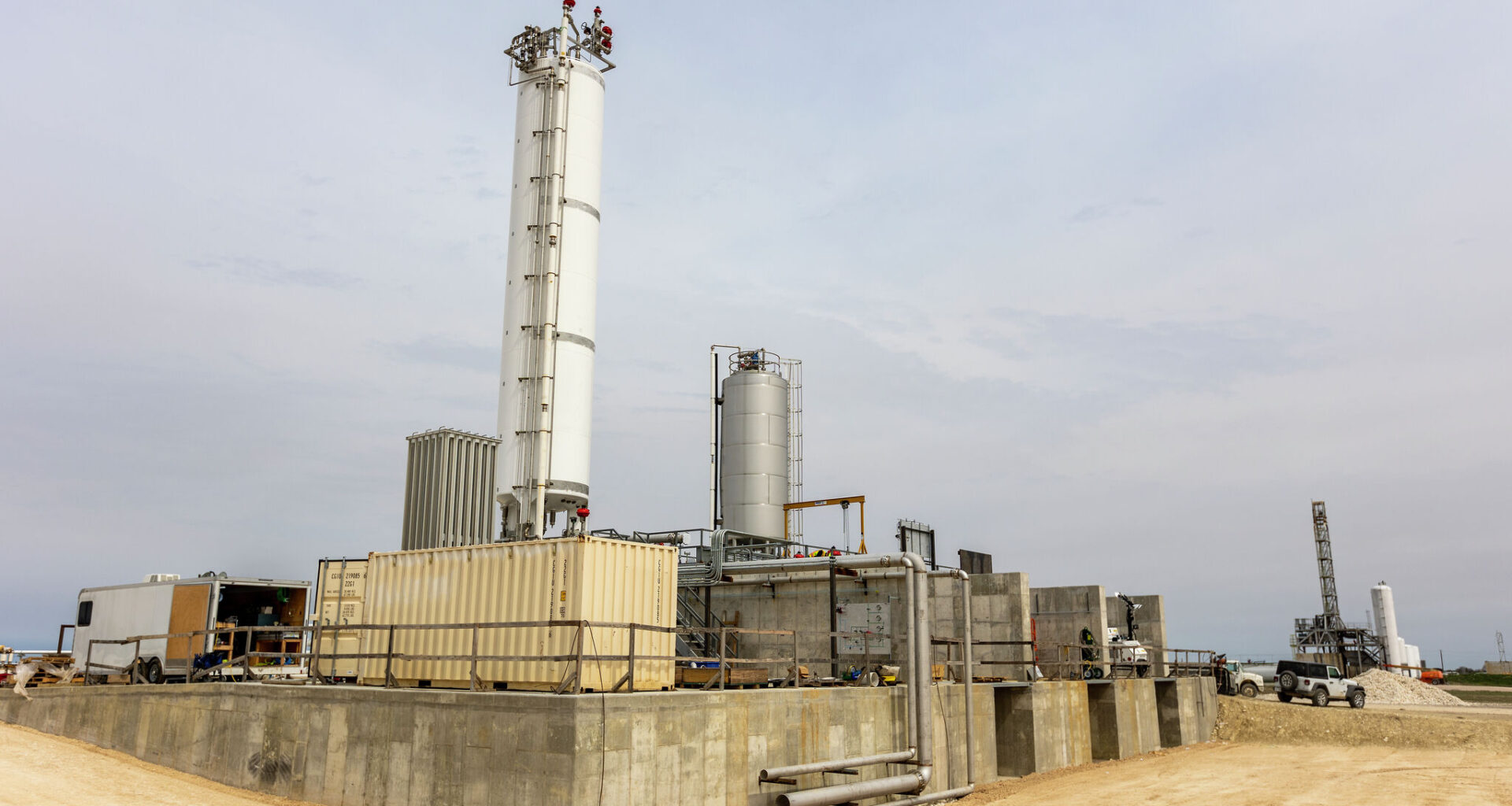Firefly Aerospace Inc. suffered another setback Monday when a rocket it was preparing for launch exploded in a massive fireball during ground testing at its facility north of Austin.
Firefly stock plummeted on the news, which raised questions about the fast-growing company’s ability to execute.
The loss will further set back the company’s Alpha program, which has had problems on four of its six flights — including two explosions and twice putting satellites in the wrong orbit.
On its last mission in late April, the satellite-launching rocket exploded before reaching orbit.
Monday’s explosion occurred as Firefly was testing an Alpha booster stage at its Rocket Ranch near Briggs, the facility where it builds and tests rockets and engines.
“Proper safety protocols were followed, and all personnel are safe,” Firefly said in a statement. “The company is assessing the impact to its stage test stand, and no other facilities were impacted.”
The Cedar Park-based company had been preparing the rocket for launch later this year from Vandenberg Space Force Base, Calif. It was scheduled to carry a Lockheed Martin payload to orbit.
Several people posted videos of the incident showing two blasts and a plume of black smoke rising from the facility.
In April’s failed mission, the 97-foot-tall rocket lifted off from Vandenberg but had trouble a few minutes into its flight. The booster exploded after stage separation, damaging the upper stage. The blast knocked off parts of the upper-stage engine nozzle, Firefly said, “substantially reducing the engine’s thrust.” The upper stage didn’t make it to orbit and crashed along with its payload in the ocean north of Antarctica.
The rocket was grounded for investigation of what went wrong, but in late August Firefly received clearance from the Federal Aviation Administration to resume launches.
The Alpha rocket has had other problems in its development. During its maiden launch in September 2021, a first-stage engine shut down early, leading to initiation of the craft’s automated self-destruct system.
During Alpha’s second flight in October 2022, it deployed its satellites into a lower orbit than planned, which caused them to reenter the atmosphere earlier than scheduled. And in December 2023, on its fourth flight, Alpha again put a satellite in the wrong orbit, but that craft was able to complete its mission.
Monday’s explosion comes less than two months after the firm rocketed in its initial public offering of stock on Nasdaq. Firefly shares have struggled to maintain altitude since the August IPO, though, and fell sharply after Monday’s testing explosion.
Firefly shares fell sharply in after-hours trading Monday and continued to nosedive Tuesday. They were down nearly 21% Tuesday to close at $29.32, down 35% from the initial public offering price of $45 — and a decline of 65% from the company’s first-day closing price.
Beyond rockets, Firefly makes space tugs and lunar landers. Earlier this year, it became the first company to pull off a completely successful touchdown on the moon with its Blue Ghost lander.
